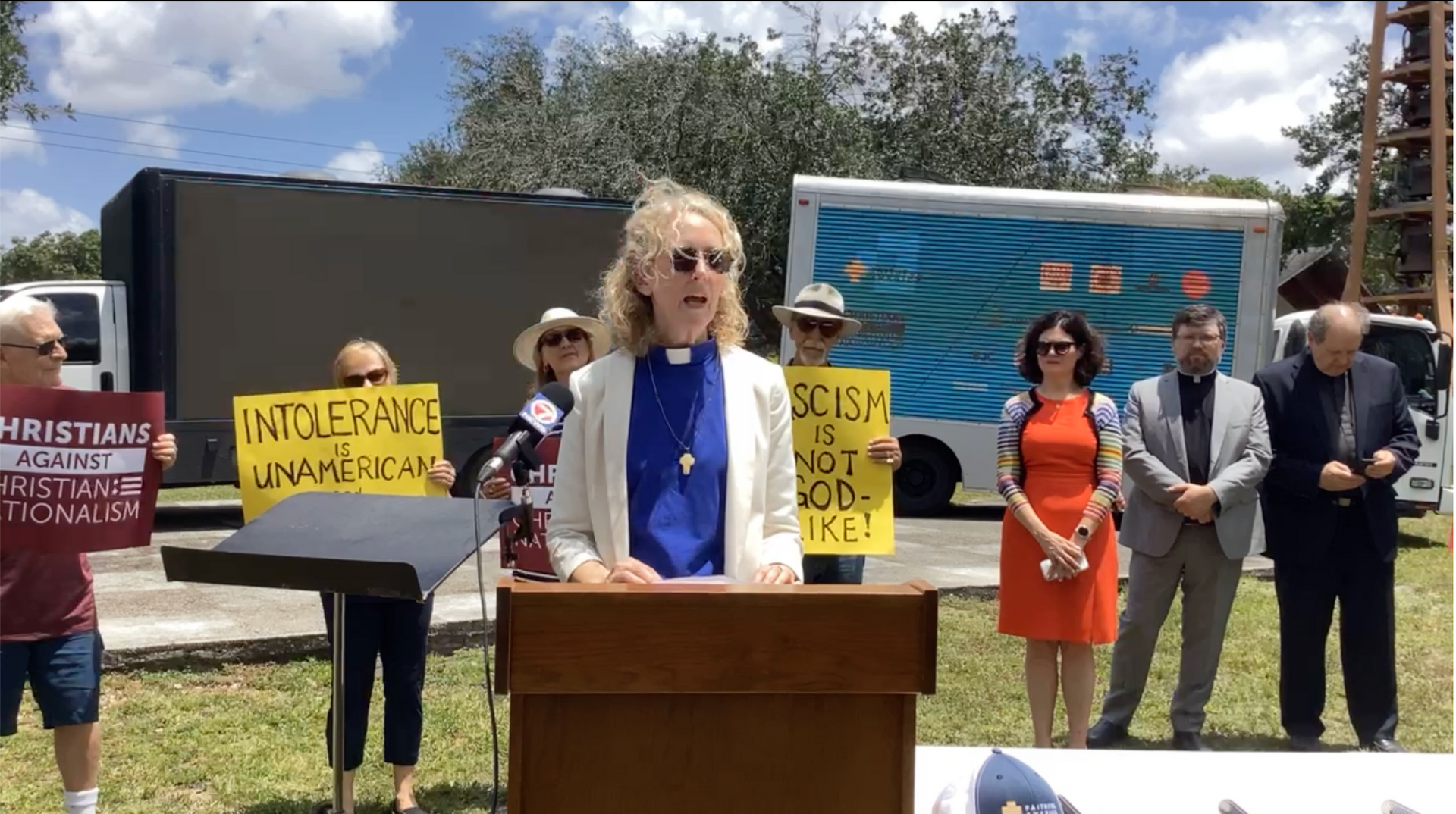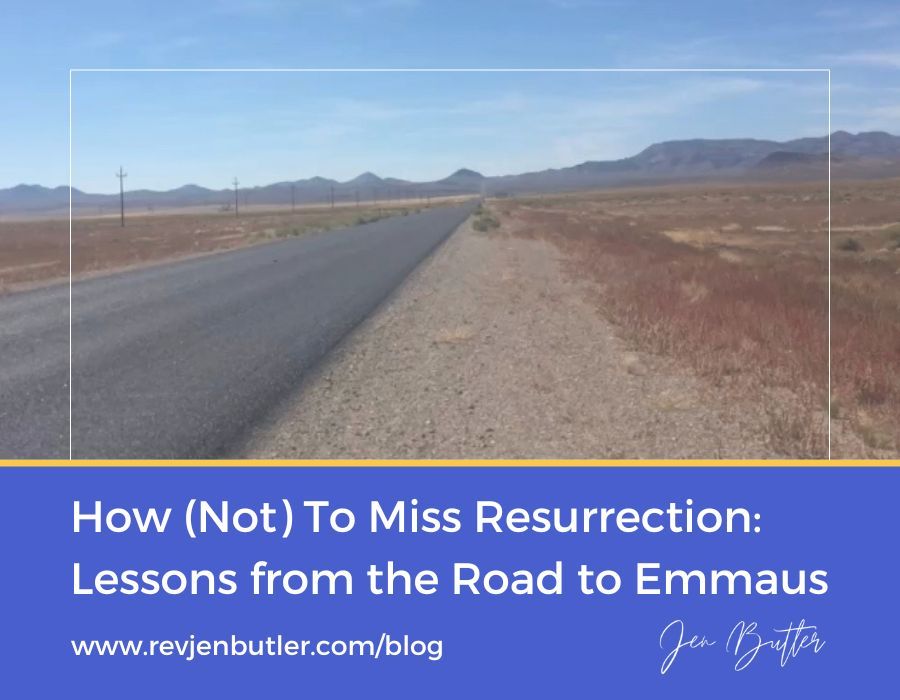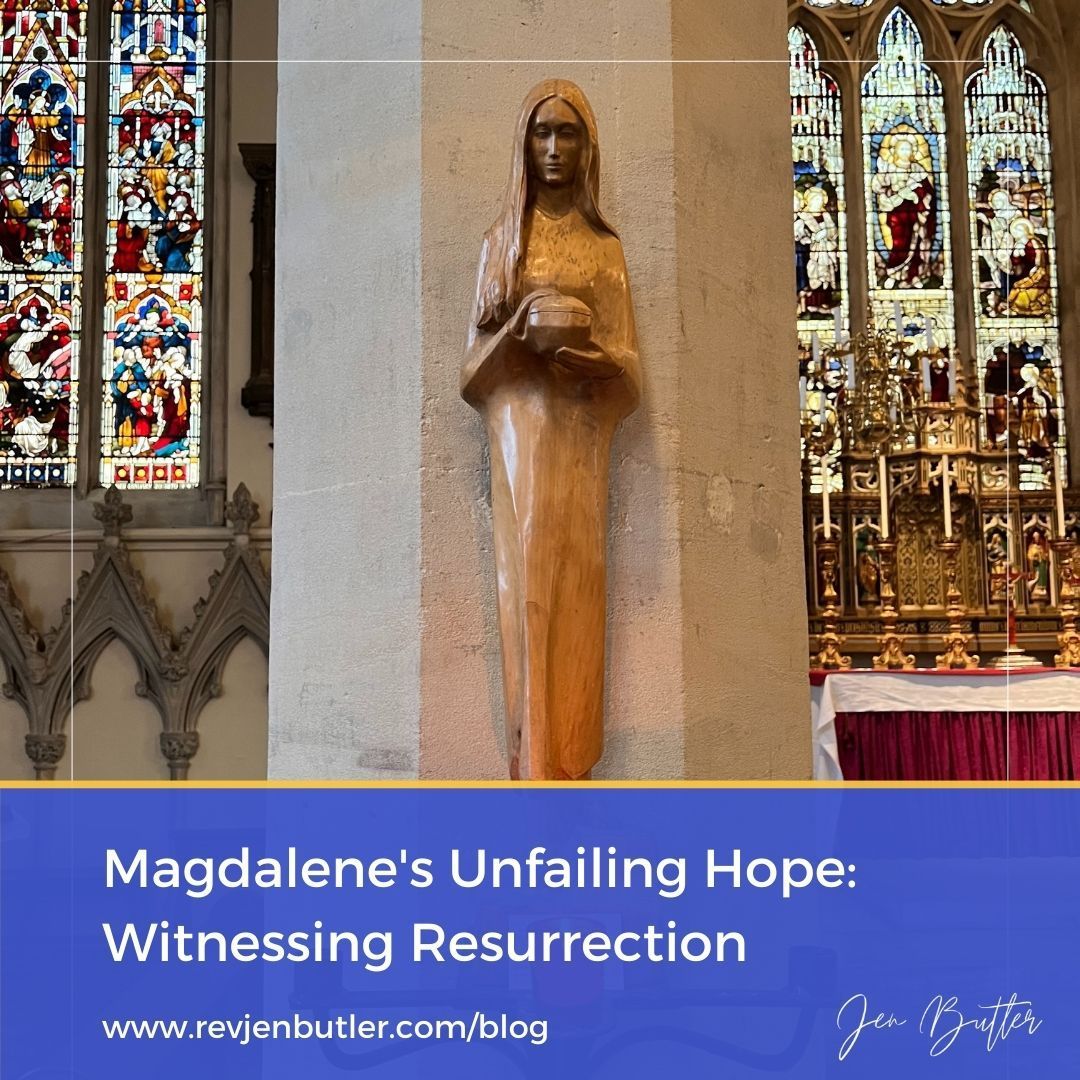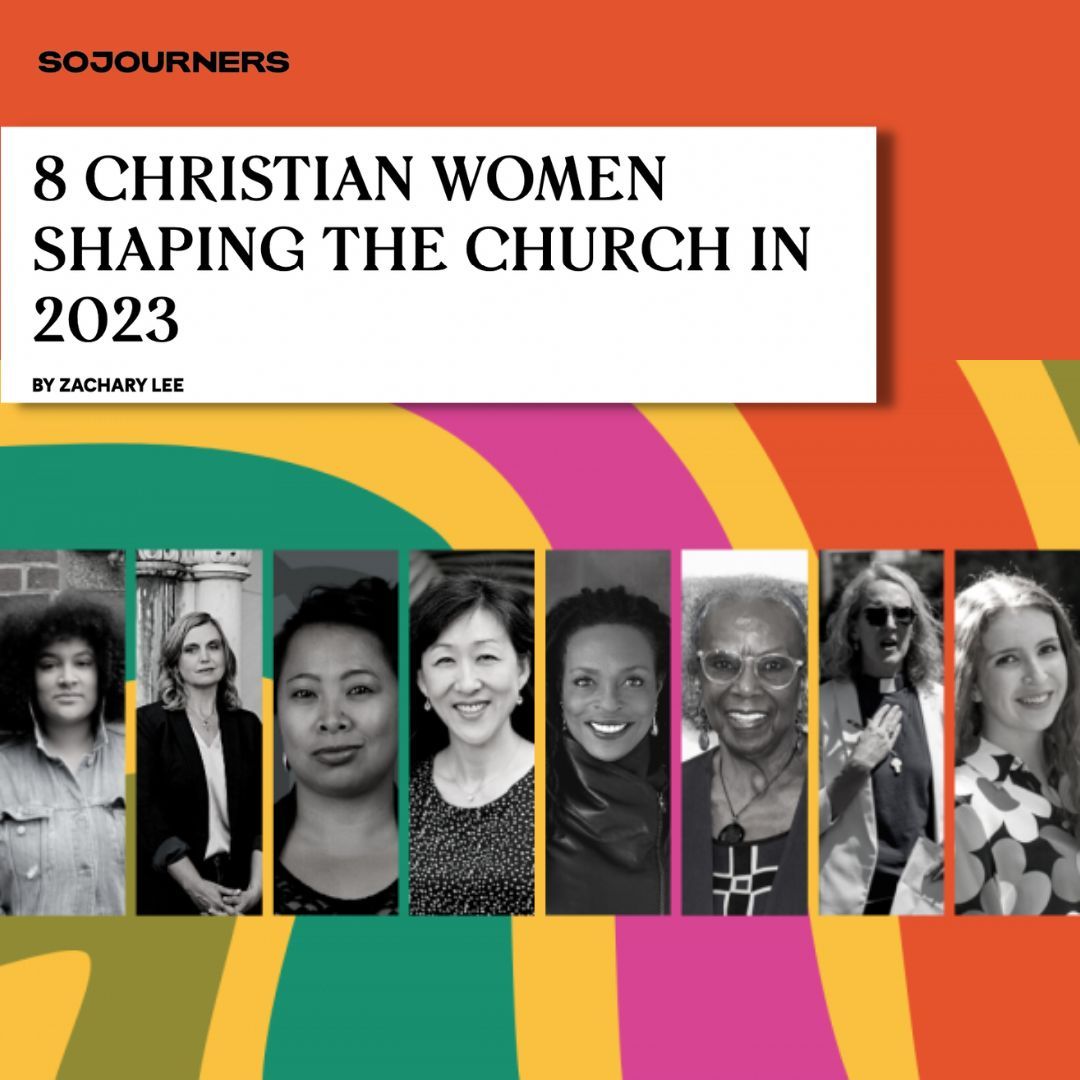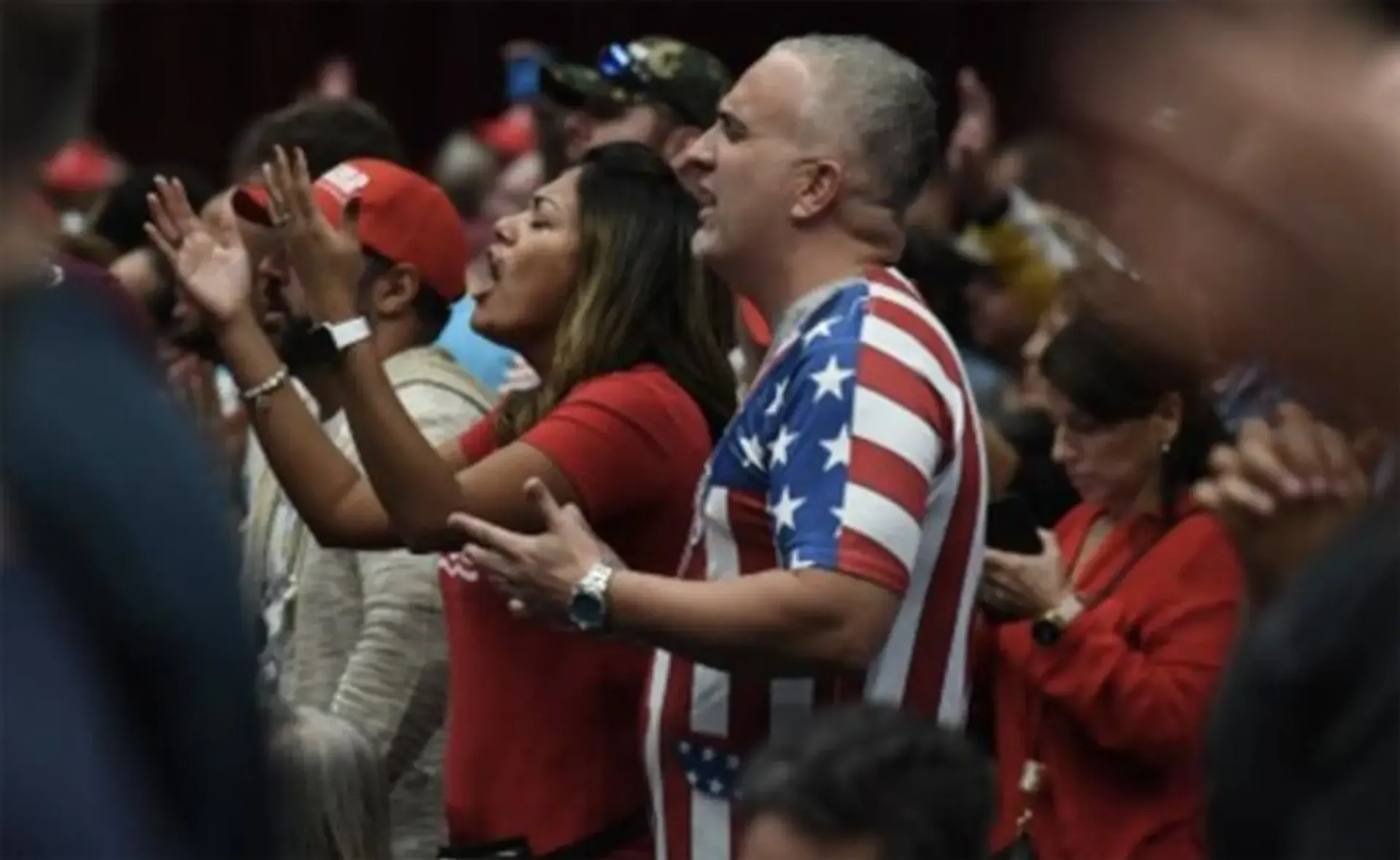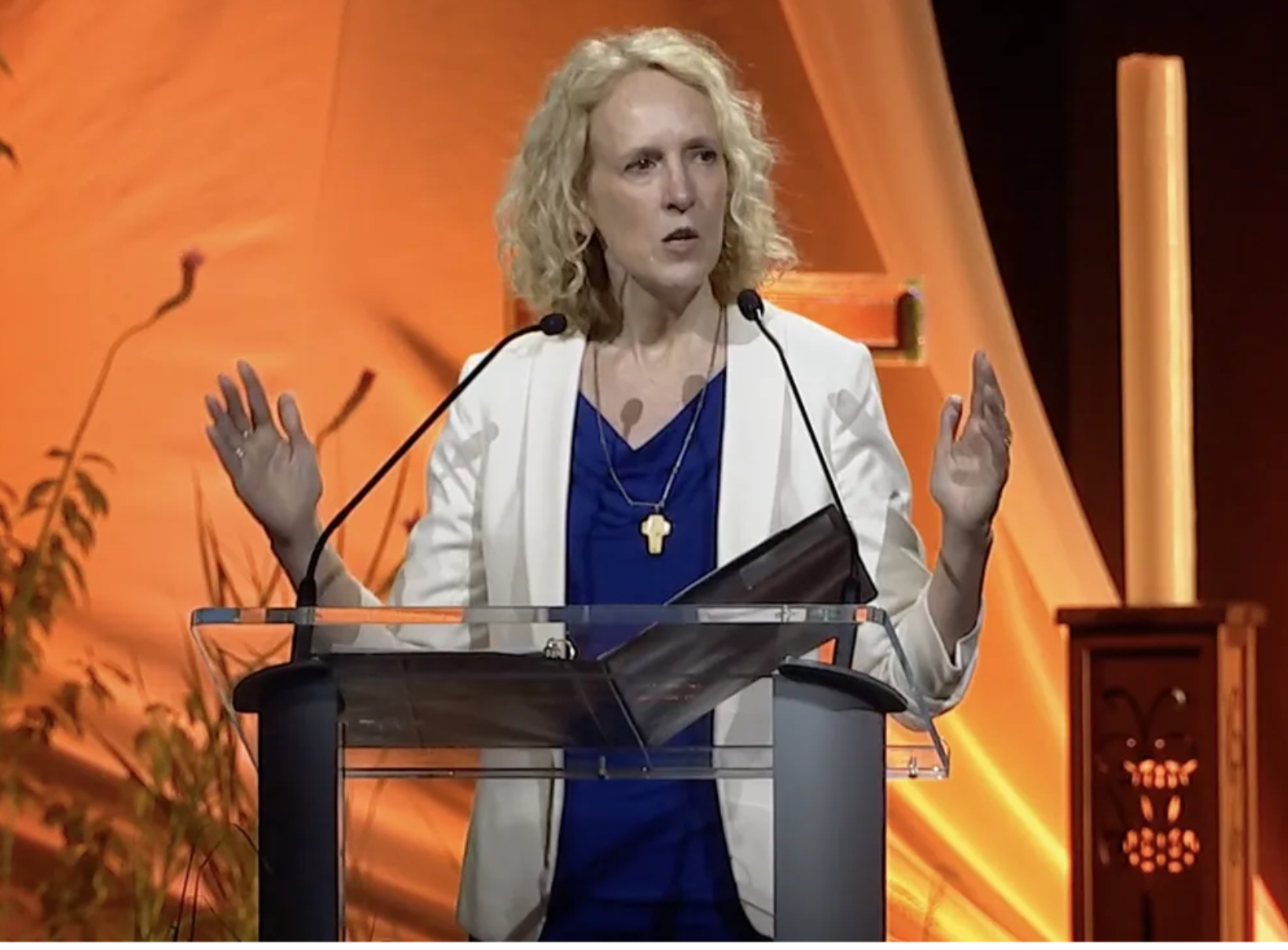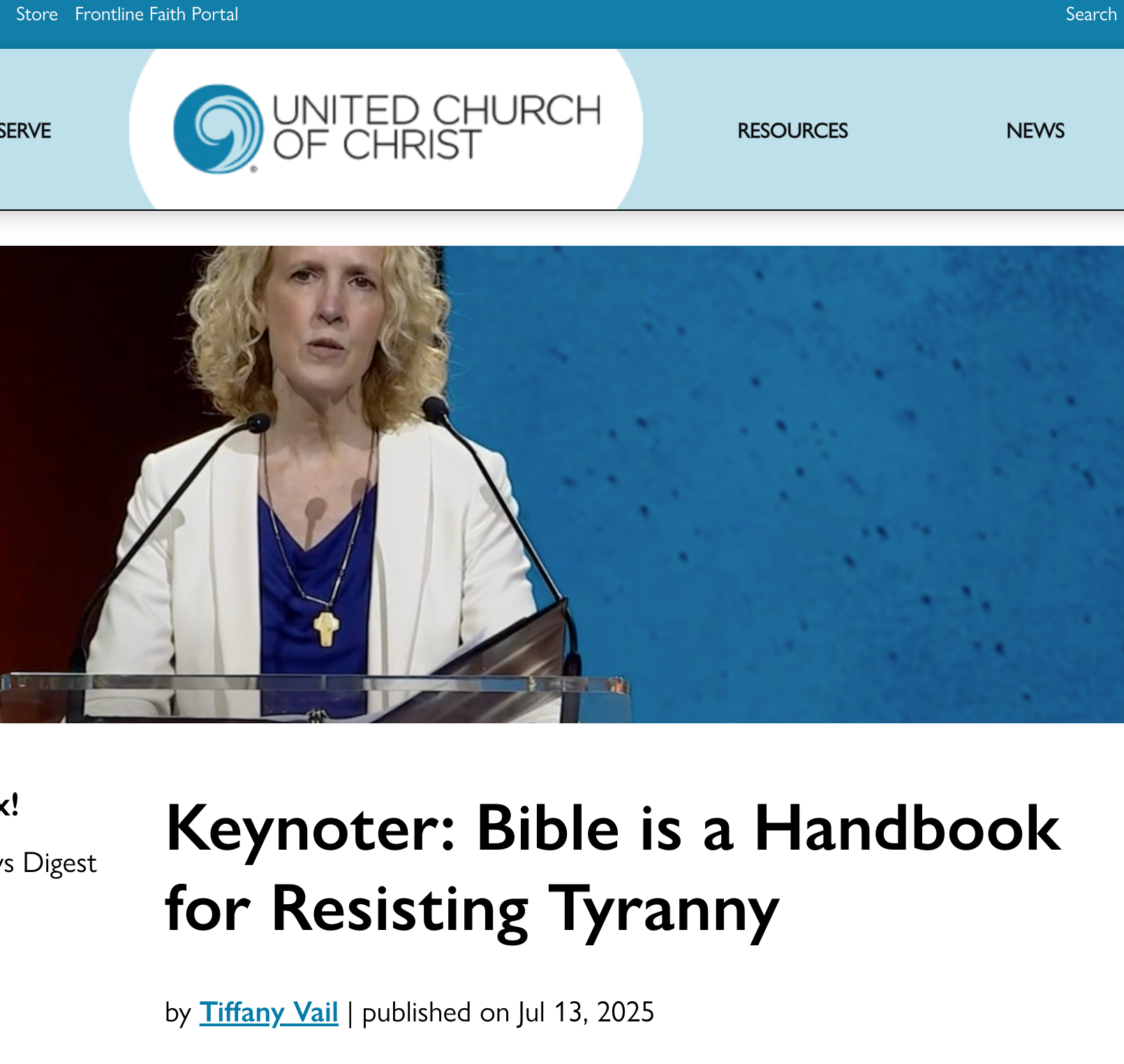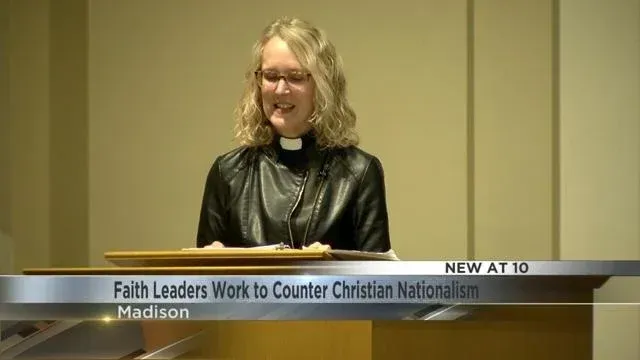Restore Human Dignity-Welcome the Stranger
The Bible opens in Genesis chapter one with a resounding moral indictment of religious worldviews that legitimize oppression. The people of the ancient Near East at that time believed the world was born of war, built from the corpses of slain foes, and humans made for slavery. The God of Genesis hovers like a nurturing mother bird over the waters of the Earth, creating and repeatedly calling creation good. Human beings are made in the very image of God, made for the sabbath, not slavery. To defile or enslave or mistreat any human being is to do so to God.
No other religion until that time dared assert that the world could be peaceful, hierarchies dissolved, abundance embraced. This creation story resets our worldview. It remakes what is possible. It deconstructs power and those who claim God has ordained their right to abuse it.
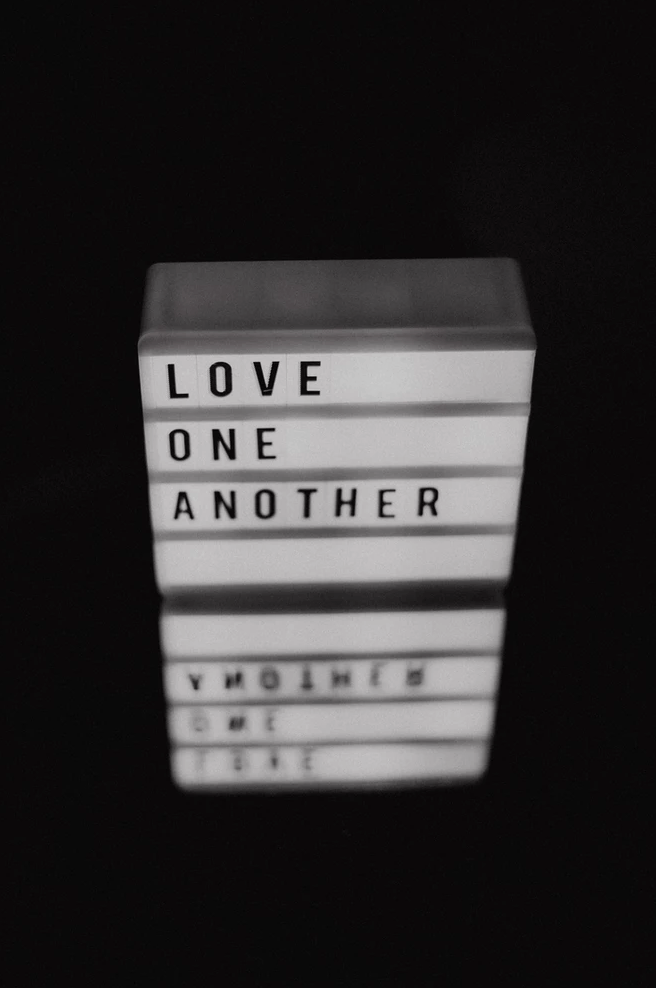
From this story comes a spiritual practice to dismantle such systems -- the practice of imaging. A superpower of sorts. I think of it as I take in the plight of Haitian refugees searching for a safer life than they could find in a home country riven by poverty, disaster, and white supremacist colonialism.
In recent weeks we have seen Border Patrol agents on horseback terrorizing Haitian migrants seeking refuge along the Rio Grande. Haitian parents, scared and exhausted, are callously and illegally deported with their infant children by the Biden administration to a country in crisis. A country many of them no longer have ties to. These people are, who are children of God like many others who present themselves at the U.S. borders to seek a safer life, are being denied their rights to seek asylum in this country. According to Human Rights First, a U.S.-based advocacy organization, about 61 percent of Haitian asylum seekers blocked from U.S. borders reported being the victim of a crime while in Mexico, including kidnapping, rape, and robbery.
Those of us who said “Not my president” to Trump and his efforts to build a wall are watching in horror as similar violent actions continue even under a new Administration.
Charles Blow said it well: “As is too often the case, Black people become the political pawn, a weight around the ankle or a weapon in the hand. Our humanity is reduced to a calculation or a cause. We can be chased down by horseback-riding agents or flown out by weak-kneed presidents.”
The current deportations and abuses of our Haitian neighbors deny the dignity and compassion owed to our human family.
How do we respond as Christians? First, we image our neighbors by getting to know them, by learning their stories.

Photo by Heather Suggitt on Unsplash
Haiti was founded by African descendants of those formerly enslaved by the French in 1804. They are the only people in the entire African Diaspora that successfully ousted those who enslaved them. France then made them pay for their “loss of property” in order for their independence to be recognized. Haiti never recovered financially from paying this debt, and they continue to struggle due to colonial, racist, and white supremacist Western policies that have stripped them of economic and political stability. The U.S. has intervened repeatedly in ways that continued to destabilize and exploit its neighbor (read here and here).
Once we know our neighbors better, we can begin to guard against the frames and tropes the media, politicians, and others in our community use to describe them. The language some people use to describe immigrants is purposefully dehumanizing. And it becomes easier to deny people their God-given dignity and their human rights if we do not see them as human.
Immigrants and asylum-seekers are not a “bad optic” or a problem to solve. They have the same humanity, dignity, and needs as anyone else: safety, stability, and the opportunity to thrive.
Watching a Haitian father carrying his child in chest-deep water while holding onto a rope for stability as he’s being driven from U.S. shores should make us ask, what drove him here? What if it were my family?
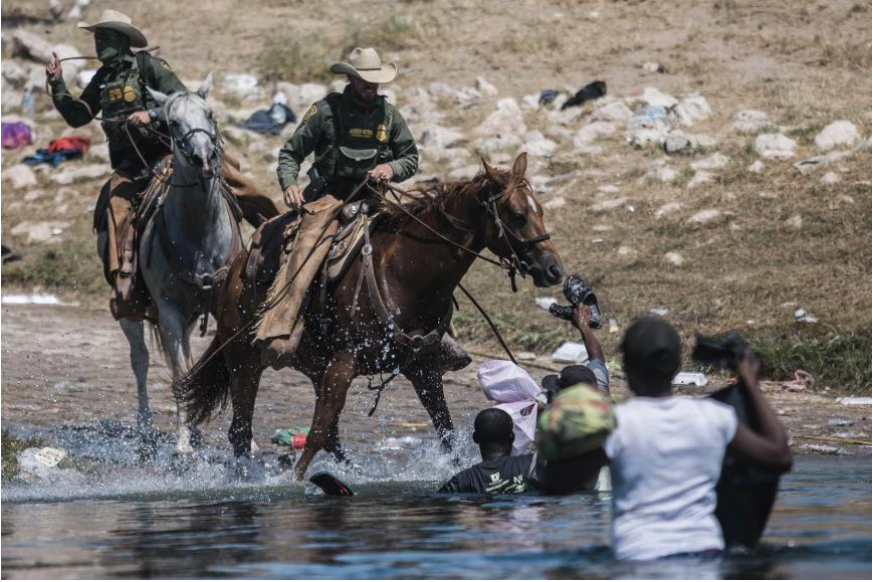
What would it mean for our country to live into the vision that people are created in God’s image? What would it look like to see “love thy neighbor” reflected in our policies and practices at the border?
Scripture goes on to flesh out this truth:
Exodus 22:21, 23:9
1 “Do not mistreat or oppress a foreigner, for you were foreigners in Egypt.
9 “Do not oppress a foreigner; you yourselves know how it feels to be foreigners because you were foreigners in Egypt.
Deuteronomy 10:18, 23: 14, 27:19
18 He defends the cause of the fatherless and the widow and loves the foreigner residing among you, giving them food and clothing.
14 Do not take advantage of a hired worker who is poor and needy, whether that worker is a fellow Israelite or a foreigner residing in one of your towns.
19 “Cursed is anyone who withholds justice from the foreigner, the fatherless or the widow.” Then all the people shall say, “Amen!”
God created and called all of it very good. Let's live up to this vision.
Action:
- Educate yourself
- Haitian Bridge Alliance and Human Rights First released a factsheet
- Read this statement from the Auburn Senior Fellows
- Sign some petitions to spur elected officials into action!
- The Unitarian Universalist Church is circulating a petition for faith leaders to sign a petition demanding the end of Title 42 expulsions and safely resume asylum for Haitian migrants
- Sign Faith in Public Life’s petition to halt deportations
- Learn more about my organization's work on immigration policies here.
Prayer:
God who shepherded refugees in the wilderness,
Help us to remember those who tonight will go to sleep unfed and unwelcome,
strangers in foreign lands, people who have fled for their lives and are far from their homes.
We lift up to you those who are escaping persecution and conflict, having fled death, torture or ruthless exploitation.
So many carry wounds, mental and physical.
Lord Jesus, give us more of your compassion for their plight, soften our hearts to their situation,
and help us follow your lead in seeking justice and mercy on their behalf.
We pray for an end to the wars, poverty, and human rights abuses that drive desperate people to become refugees in the first place.
We give thanks to people working in troubled countries and ask for more of
your blessing so we can bring life, dignity, and hope to those that remain.
We thank you that you are the Lord of all the earth and all its people are loved by you.
We pray these things in the name of your Son who was himself born into the troubled life of a refugee.
-Author unknown
